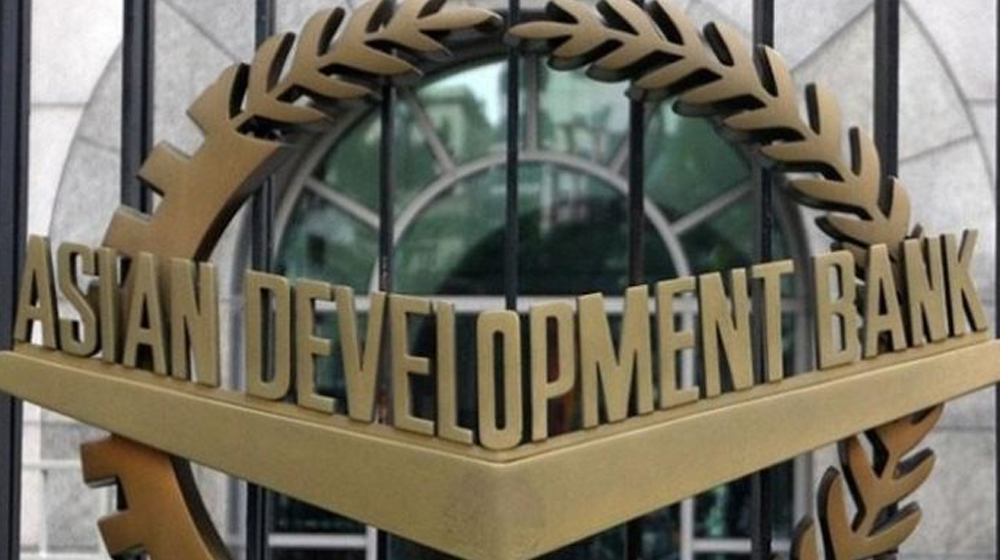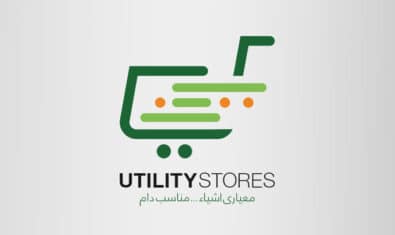Pakistan has been experiencing fiscal and current account deficits, and continued efforts toward fiscal consolidation will be the key to sustaining improvements in macroeconomic stability, says the Asian Development Bank (ADB).
The ADB in its latest report, “Asian Development Bank Member Fact Sheet” stated that areas for specific attention include broadening the country’s tax base, committing to policy reforms, and improving the country’s business environment.
Reforms are also required to promote high value-added exports, expand social spending, progress energy sector development, and strengthen institutions.
To help improve Pakistan’s fiscal sustainability and create a better business environment, the ADB will continue to engage in policy dialogue with the government on managing macroeconomic imbalances, while maintaining the momentum of structural reforms to support economic stability and expansion, it added.
The report further stated that Pakistan’s growth prospects would continue to be influenced by reforms initiated by the International Monetary Fund (IMF)’s stabilization program along with projects under the Central Asia Regional Economic Cooperation Programme, the China– Pakistan Economic Corridor, and other development initiatives.
Program lending will include policy support for economic growth, reforms to improve the energy sector, and enhanced trade opportunities and international competitiveness.
In July 2019, the consultation process was initiated for a new country partnership strategy covering 2020–2024.
The bank’s country operations business plan, 2020–2022 for Pakistan outlines $7.1 billion in assistance.
This includes;
- Project loans
- Policy-based lending for structural reforms
- Multi-tranche financing facilities for energy
- Transport
- Water
- Other urban infrastructure and services
- Results-based lending for energy and social services.
Total commitments from the ADB’s own funds (in equity and direct loans) in 2019 amounted to $3 billion for 38 transactions in economic and social infrastructure, the finance sector, and agri-business. ADB also actively mobilizes co-financing from commercial and concessional sources.
In 2019, the ADB mobilized $3.28 billion of long-term co-financing and $3.69 billion of co-financing in trade finance, microfinance, and supply chain finance programs.
Total outstanding balances and commitments of non-sovereign transactions funded by the ADB’s own resources stood at $13.78 billion as of 31 December 2019.
Since 1966, the ADB has committed $33.5 billion in loans, $148.5 million in grants, $190.7 million in technical assistance projects, and $570.4 million in the ADB-administered co-financing for Pakistan. Cumulative loan and grant disbursements to Pakistan amount to $25.18 billion.
These were financed by regular and concessional ordinary capital resources, the Asian Development Fund, and other special funds.

























